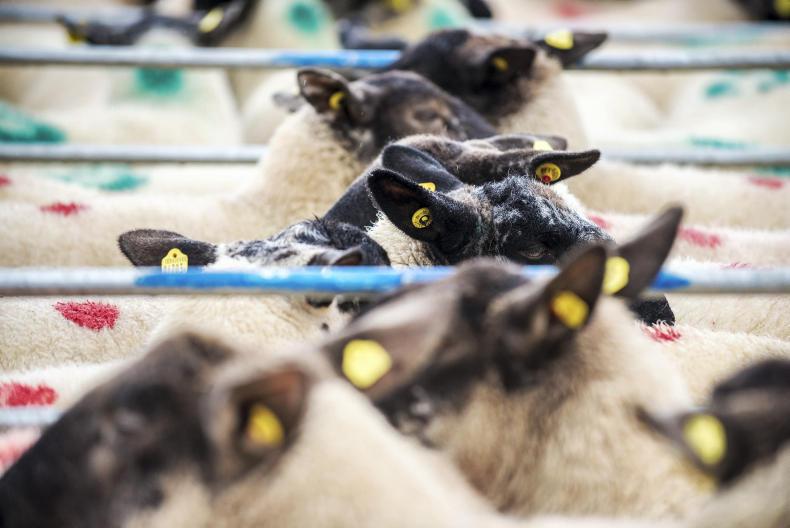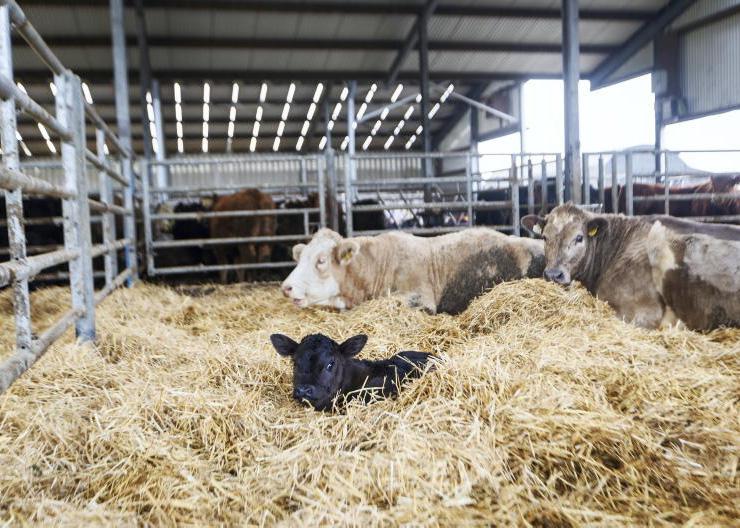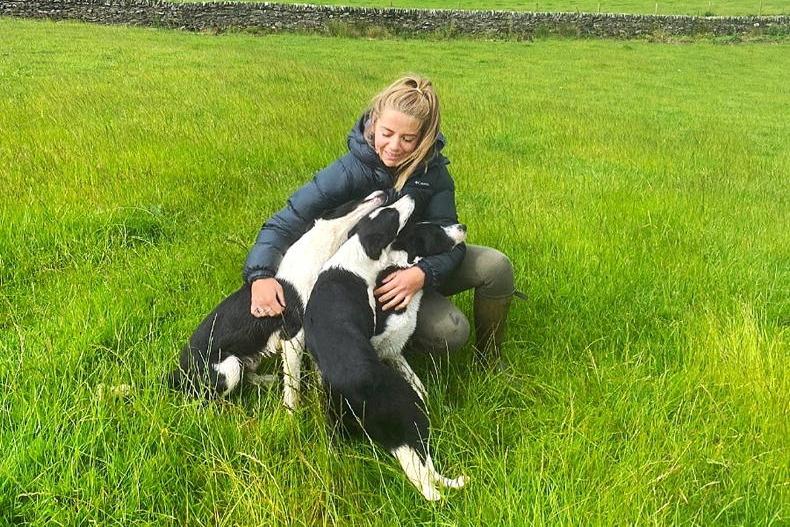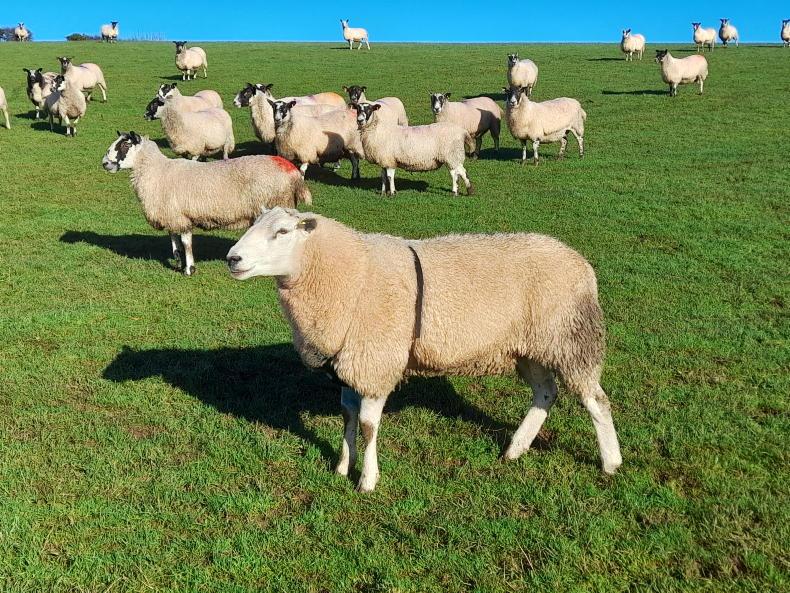Often tups are a group of animals that are furthest from our minds most of the year round, only coming into focus in the backend of the year.
Timing
It is important to give tups an MOT as early as possible. This gives plenty of time to address any issues that may have arisen throughout the year and allows time to plan and purchase an additional tup if required.
Body condition
Tups that are under or over conditioned will be less fertile than those in the correct condition.
Thin tups will spend too long grazing to successfully mate all ewes, while overfat tups will spend longer lying down, which can cause an increase in temperature of the testicles, reducing fertility.
Ideally, tups should be between 3.5 and 4.0 body condition score (scale 1-5). This means the transverse process, the short bones sticking out from the spine along the loin, are only detected with medium pressure of an open hand against them.
Head
Needs to be free of infection. Sometimes when tups fight they can get hurt on the top of the head. Make sure these are clean and free of infection. Teeth are also important, ensure they are not lose and they must meet the upper pad perfectly. Avoid tups with over or under-shot jaws.
Legs
While all sheep can get lame, there is also a hereditary factor that you do not want to breed into your flock, therefore avoid using tups that are prone to being lame at all costs. Make sure tups are walking correctly, putting weight through each leg as they walk and have no hurts or injuries that may cause them trouble throughout a busy mating season.
Testicles
As obvious as it may seem, make sure each tup has two testicles. They should be of similar size, free of lumps and bumps, and have a firm muscular feel about them.
Any infection in a tup will cause their body temperature to rise in order to fight it.
This can damage the semen in the testicles for the medium term. It takes between five to seven weeks for semen to be formed, therefore if a tup has an infection between now and mating, it may leave him either sub- or infertile for the breeding season.









SHARING OPTIONS